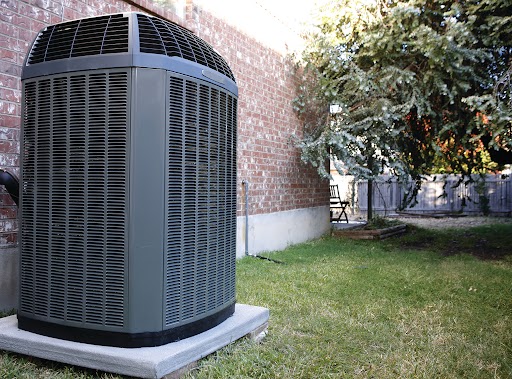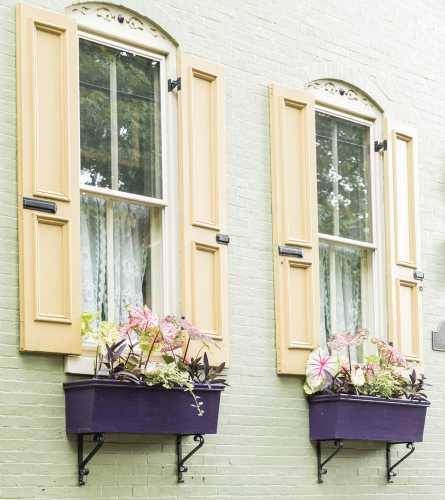There is no denying the relief cool air provides when the temperatures outdoors are particularly steamy. In fact, having a place to cool off is a necessity for those who have succumbed to heat exhaustion or have difficulty regulating their body temperatures. Even though air conditioning can provide relief, some people are reluctant to turn it on because of the drain on electricity and subsequent high energy bills. Certainly running the AC can be costly, but regular maintenance helps a system to work more efficiently. It also helps homeowners recognize issues that can lead to expensive repairs if left unchecked.
CHANGE THE FILTERS
Dirty, clogged filters can cause a system to work harder to cool down rooms, compromising efficiency. Check the HVAC system’s manufacturer’s recommendation for how frequently to change the filters. Some may benefit from monthly replacement if the air is running constantly.
CONSIDER THE MERV RATING
The filter will have a minimum efficiency reporting value, or MERV, according to This Old House. The higher the number, the better the filtration. But a higher MERV rating requires more energy to pull air through the filter. Therefore, choose a balance of filtration and energy cost requirements.
MAINTAIN THE OUTDOOR UNIT
Clean the AC unit with a soft-bristle brush and vacuum the fins at the start of the season and if the unit becomes dirty from weather, pollen and other elements. Bent condenser or evaporator fins can restrict air flow that would normally pass through the AC system. Gently straighten them to improve air flow.
CHECK AND REPAIR LEAKS
Airflow leaks through ductwork and with window AC units can reduce efficiency. Hold an incense stick or other smoldering item to check for leaks; if smoke blows around, there is leakage. Use foil tape to seal small gaps and duct mastic for large ones. Stuff foam around a window unit and use taping as needed.
SUPPLEMENT WITH WHOLE-HOUSE FAN
The Family Handyman says an attic-mounted fan pushes hot air out through the attic vents and draws cooler, outside air through open windows and doors. The whole-house fan can be used to draw out most of the hot air before turning on the AC, or as a substitute for the AC on cooler days.
SCHEDULE ANNUAL MAINTENANCE
Homeowners can handle maintenance tasks or have an HVAC technician clean and inspect coils; adjust and replace fan belts; lubricate motors and bearings; inspect controls and safeties; check refrigerant; and determine if the unit is large enough for the home.
For more home improvement articles, click here.
Email tvecsey@danspapers.com with further comments, questions or tips. Follow Behind The Hedges on Twitter, Instagram and Facebook.






















